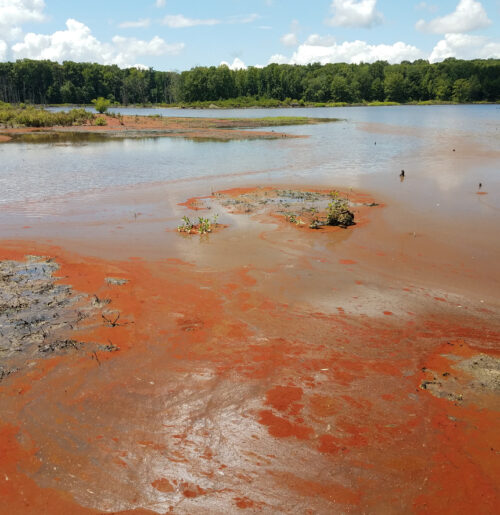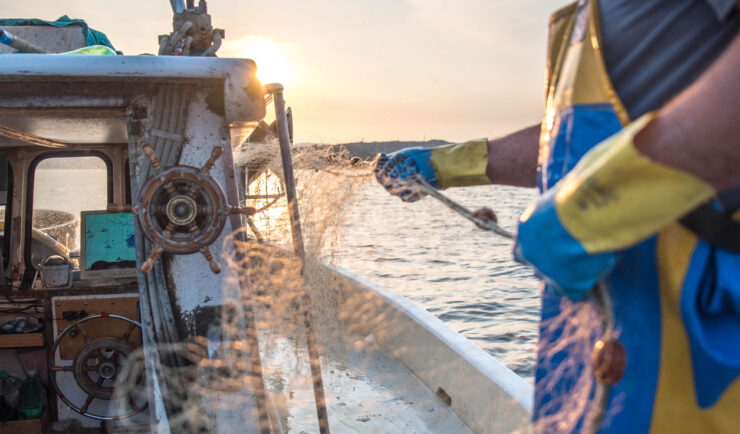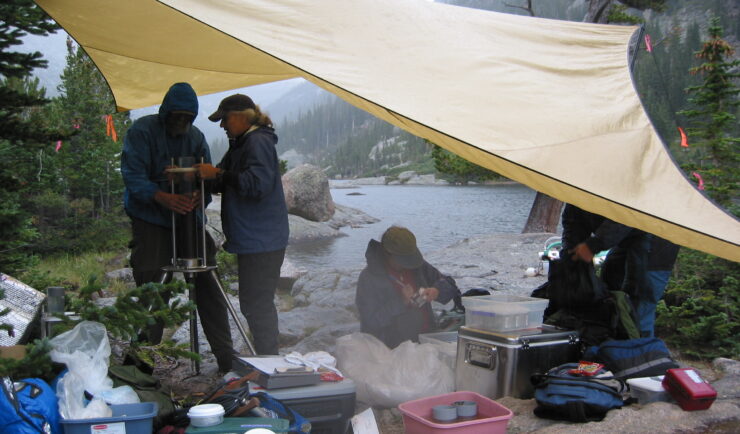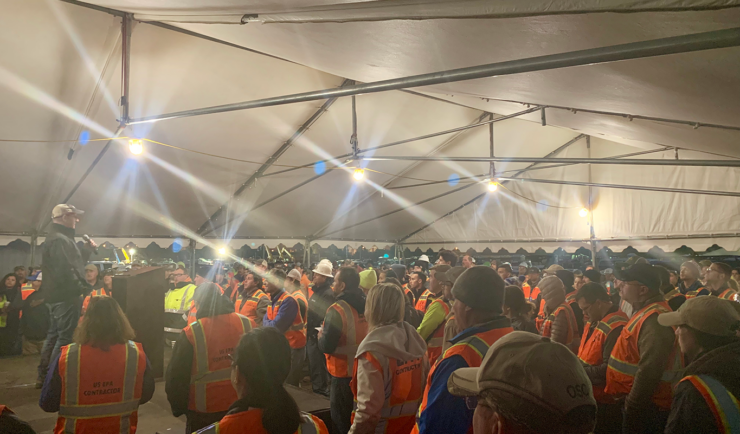Harmful Algal Blooms (HABs)
We provide site-specific in situ monitoring coupled with predictive modeling, to provide an early warning system to advise health officials and resource managers on how to best focus their efforts to protect health and environment.


The Issue
Harmful algal blooms, or HABs, occur when populations of algae grow out of control in bodies of water, as a response to certain conditions such as high water temperature or excess nutrients. HABs can pose risks to human health and the environment; people can get sick by eating shellfish or fish exposed to a HAB, or can have respiratory problems if they breathe contaminated air near the bloom. Non-human animals are also susceptible to the effects of HABs, which have been linked to shellfish toxicity, fish kills, and deaths of birds and other wildlife. These health risks can have a significant economic impact through the closure of fishing areas and beaches used for recreation, as well as the requirements for specialized treatment of potable water systems.
The Solution
It would be cost prohibitive to monitor every potential HAB site and prepare for a myriad of contingencies. Instead, targeting site-specific in situ monitoring coupled with predictive modeling, provides an early warning system to advise health officials and resource managers on how to best focus their efforts to protect health and environment.
CSS Innovations and Contributions: Together with NOAA, CSS has helped to develop a comprehensive approach to conduct research; build tools to identify and detect HABs species, toxins, and levels of toxins; and create workflows for analyzing data on HABs and other environmental issues.
Our comprehensive support for NOAA includes:
- developing algorithms to process, classify, and validate remotely-sensed multi-spectral data
- conducting time-series analyses of oceanographic variables
- developing software applications and satellite image products
- developing protocols to validate satellite sensors
- processing satellite and in situ HABs data
- preparing environmental assessments and impact statements
- education and outreach
- managing scientific instruments
- designing field sampling
- data integration and analysis
CSS’ innovations and contributions include:
Additional Projects

IT Security Support for NOAA’s National Marine Fisheries Service (NMFS) Office of Science and Technology (OST).
CSS provided information systems security officer and engineer support to NOAA’s National Marine Fisheries Service (NMFS) Office of Science and Technology (OST). CSS provided the following support for this Project: audited information systems and applications, developed a security program, implemented a successful system and application change control process, developed and implemented data extraction policies and…

Emergency Response Planning for New York City
CSS’ staff worked EPA Consequence Management Advisory Division (CMAD) to develop an integrated framework for responding if a biological agent was released over a wide area in New York City.

IT Support to NOAA Fisheries
Our IT services support included developing and integrating information management systems central to NOAA Fisheries’ management and protection of living marine resources and their habitats

Get in touch
Contact us to learn more about our projects, capabilities, solutions, and service offerings.







